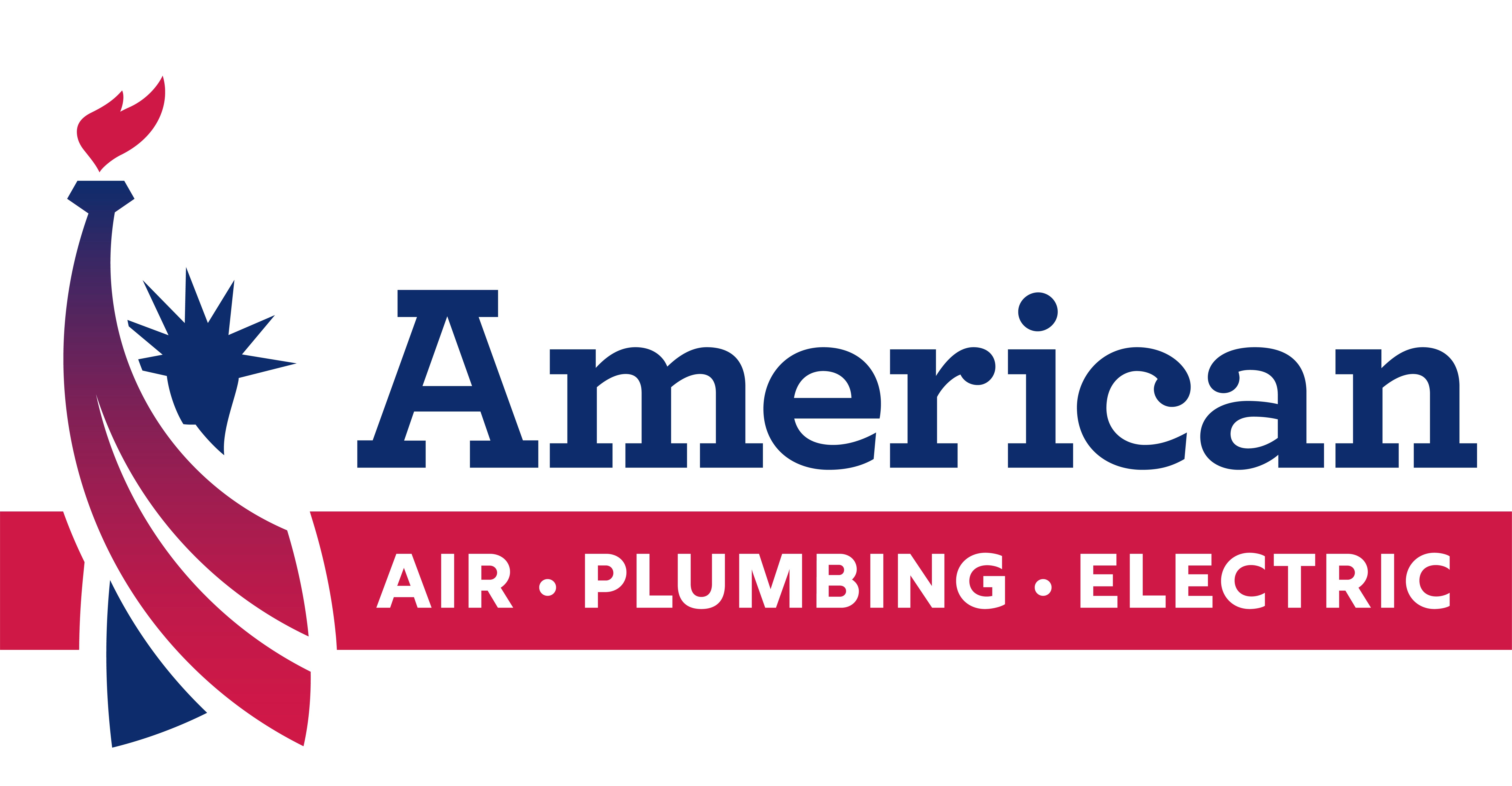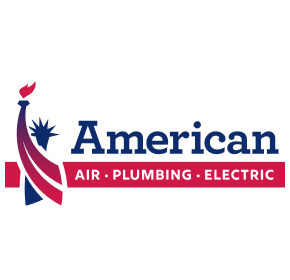How does indoor air quality help ease my allergy symptoms?
For most of us, April is the time of year that brings to mind spring showers, gorgeous flowers, warmer temperatures, nice breezes, and ALLERGIES! Yes, over forty million Americans suffer this time of year from the arrival of spring allergies. For those who are currently suffering from these allergies, American Air, Plumbing, and Electrical would like to offer these quick tips so that you can endure the 2011 Pollen Season.
Regular Maintenance and Cleaning of your Air Conditioning System is Essential
The best defense is a good offense. Maintaining low humidity, excellent filtration, and cooler temperatures are the result of having a good air conditioner. Your health depends on breathing quality air. But it’s important to note that even the highest quality air conditioning systems can be harmful to allergy sufferers if the unit is not properly cleaned and maintained. Amazingly, the most common measure of preventative maintenance that is ignored is the cleaning and/or replacing your air filters. The reason most dwellers forget to clean or replace their filters is that they forget. The reason it is so important is that virtually all of the air you breathe circulates through the filters.
Using an Indoor Air Cleaning system
Pollen does wonder for nature and our outdoors, but our homes are our safe havens; a place where we can be free from all of the seasonal allergies. Recently, the Environmental Protection Agency stated that the lack of Indoor Air Quality (IAQ) was one of the five most harmful health risks as it relates to the environment. It may be impossible for us to prevent the transfer of pollen into our homes as we track it via our shoes, clothes, pets, and many other ways. Therefore, for those who suffer greatly from allergies, a good air cleaning system can increase their quality of life. The highest quality units. The best models can shoot into the air intake or outlet of your ac and heating unit. They are capable of removing dirt, pollen, dust, mold, bacteria, and yes even pollens that pass through your home.
Cleaning the Indoor Evaporator Coil
The system will struggle to work harder, become less efficient, and will break down quicker if your coil gets clogged with airborne particles. This also causes your home to be dirty and less healthy. Are you having trouble finding a replacement for your odd-sized filter? Contact American Air, Plumbing, and Electrical. We have a large selection for your filtration needs.
Adjust your Schedule
House Cleaning – Frequent vacuuming the carpet and cleaning your hard floors can make a huge difference in the overall cleanliness of your home. Do a little research, and purchase a vacuum cleaning that uses a high-efficiency particulate air (HEPA) filtration system. Clean and/or replace the vacuum filters regularly. Try using a damp cloth to clean the hard surface. Using a dry cloth pushes much of the particulates around causing even more problems for the allergy sufferer.
Dust Masks – Try using a dust mask in and around your home when cleaning or working in the yard. This can reduce your exposure to springtime allergens when you are surrounded by them.
Exercise Later – Don’t exercise from 5 am to 10 am, because this is when pollen is typically emitted. Your best time to work out is at night, which is when the pollen has settled out of the air and fallen to the ground. Preferably, your best option is to exercise indoors or find a place that is free of green vegetation.
No Shoes Indoors – Pollen clings to your shoes causing you to spread it all about your home. Also, seal the laundry baskets that have dirty clothes. This keeps all of the pollen that’s on your clothes from spreading onto the floors. If possible dry your clothes indoors. Hanging clothes outdoors tends to collect pollen making it more difficult to control your allergies.
Humidity Control
To prevent mold from building up in our homes, it’s essential to keep them cool and dry during the spring. Mold is one of the more severe indoor allergens which can be extremely harmful and even fatal.
According to the Allergy Relief Center, residences should have under 40% humidity to combat the threat of mold. Also, dehumidifiers and other Ultra-violet systems can help prevent humidity problems thus making your air conditioning system work more efficiently.

